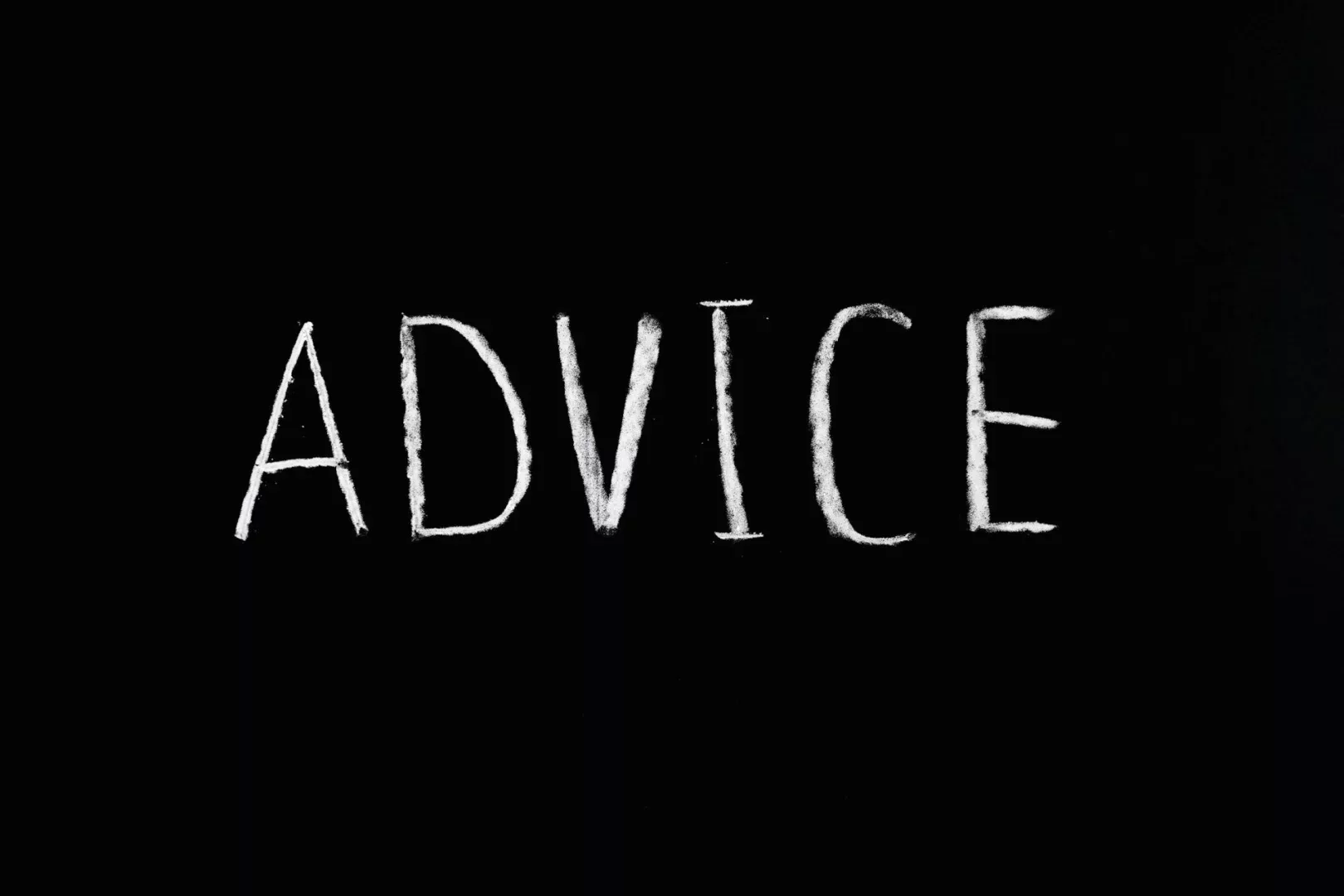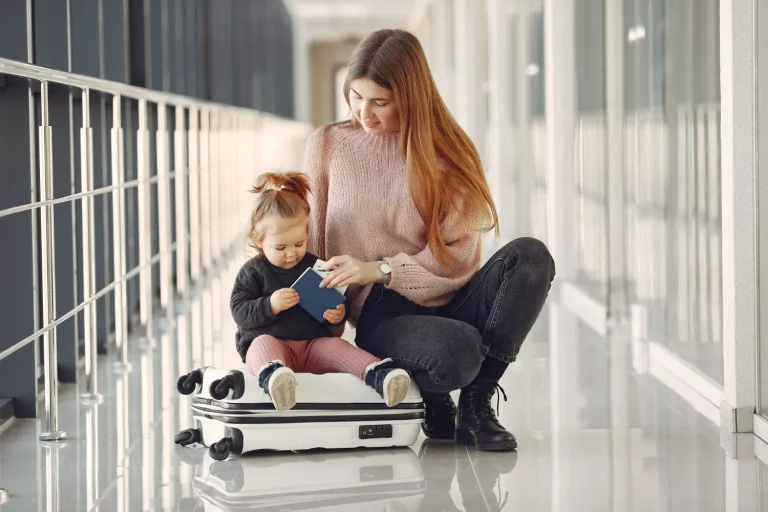Child Custody Advice: Tips for Parents Handling Custody Issues
Have you ever wondered about child custody laws? Our experienced divorce lawyers at TheBostonDivorceLawyer have valuable advice to help you navigate this complex legal process and protect your child’s best interests. Let us guide you through the important factors to consider when facing child custody decisions.
From the point of view of ensuring stable custody agreements, it is important to prioritize the best interests of the child when making decisions. Consistency in routines and communication between parents are key factors in successful co-parenting arrangements.
Legal rights
In child custody cases, I’ve learned that legal rights are the rules determining who has the authority to make decisions about a child’s welfare and where they will live.
Come to think of it, these rights focus on what is best for the child. They usually include making important decisions about the child’s education, healthcare, and overall upbringing. Parents have the legal right to seek custody of their child and ensure the child is safe and well cared for.
Child custody rights can be complicated and may change depending on the case. Parents need to know their rights and duties to achieve the best result for their child. To be fair, if parents cannot agree on custody, the court may decide based on what is best for the child.
Parents should seek legal advice when dealing with child custody issues to understand their rights and options. Lawyers can help guide parents through the legal process and protect their rights. By knowing their legal rights, parents can aim for the best outcome for their child.
Parenting plan
A parenting plan gives me a clear schedule outlining when my kids will live with each parent after the divorce or separation.
Let me explain, a parenting plan includes details about where the child will spend holidays, birthdays, and vacations. It’s important to think about the child’s needs and daily routine. Parents should communicate openly about the child’s schedule. Being flexible and willing to compromise benefits the child. Respecting each other’s feelings is also important.
For real, the focus should be on creating stability and consistency for the child, helping them adjust to moving between homes. Parents should keep conflicts away from the child and not involve them in disputes. The main goal is to build a peaceful and cooperative co-parenting relationship for the child’s well-being. Always put the child’s best interests first. For help with creating a parenting plan, consider talking to a lawyer or mediator.
Court process
In reference to our earlier discussion when my partner and I couldn’t come to an agreement on custody arrangements for our child, we had no choice but to take the matter to court.
In other words, going through a child custody case in court can be stressful and confusing. Understanding the steps can help.
First, you should gather all important information and evidence for your case. This includes things like school and medical records, as well as messages between you and the other parent. Always think about what’s best for your child when preparing.
Next, you need to file a petition with the court. This is a document that explains what custody arrangement you’re asking for and why. The other parent will also have a chance to respond and provide their own evidence.
Both parents may need to go to court hearings and meetings with a judge. It’s very important to be respectful and tell the truth during these times. The judge will look at all the evidence and decide what’s best for the child.
Once the court process is over, the judge will issue a custody order. This order explains who gets custody and the terms of the arrangement. It’s important to follow this order to avoid legal problems.
Mediation options
Reviewing what we noted, when my partner and I separated, it became clear just how tough it could be for everyone involved, especially our children. One particularly interesting thing I discovered was the variety of mediation options available to help families navigate these challenging times.
In other words, creating child custody arrangements should always focus on what’s best for the child. Mediation can be a useful way for parents to agree on custody and visitation schedules without needing to go to court.
In mediation, a neutral third person helps parents talk and come to an agreement about custody. This can enable parents to work together to make a plan that fits the child’s needs and considers both parents’ schedules and wishes.
Mediation can also be cheaper and quicker than going to court. It gives parents more control over their custody agreement and can improve communication between them. As far as I’m concerned, parents should come ready to talk about their concerns and be willing to compromise. The mediator will guide the conversation to help reach a solution that works for everyone, especially the child.
If mediation doesn’t work, parents can still go to court to decide custody. But mediation is often the favored first step in solving these disputes.
It’s important for parents to get advice from a lawyer or mediator who knows family law to understand their options and rights regarding child custody. By communicating openly and working together, parents can make a custody agreement that puts their child’s well-being first.
Child’s best interests
Thinking again about what was said, when making decisions about child custody, I always prioritize the child’s best interests first.
In other words, this means putting the child’s needs and well-being above everything else. Consider the child’s age, emotional and physical health, and any special needs. It’s important to create a stable and loving environment, allowing access to both parents if possible and keeping their routine steady.
Parents need to communicate well to make plans that are best for the child. Keep the child away from any fights or arguments between parents, as this can affect their emotional health. You know, both parents should stay involved in the child’s life, offering love, support, and guidance.
If one parent can’t provide a safe or stable environment, decisions should favor the parent who can. Any history of abuse or neglect should be taken seriously, and steps must be taken to protect the child.
The main focus should always be on what is best for the child. This may need some compromise and flexibility from both parents, but the goal is to ensure the child feels safe, loved, and supported in their new living situation.
In Final Consideration
Recalling what we discussed in navigating the various problems that may occur of child custody battles, it is very important to prioritize the well-being and best interests of the child above all else.
What TheBostonDivorceLawyers is being fans of is, seeking professional legal advice, maintaining open communication with the co-parent, and prioritizing the child’s stability and happiness are key factors in reaching a positive outcome. Remember, the child’s needs should always come first.







